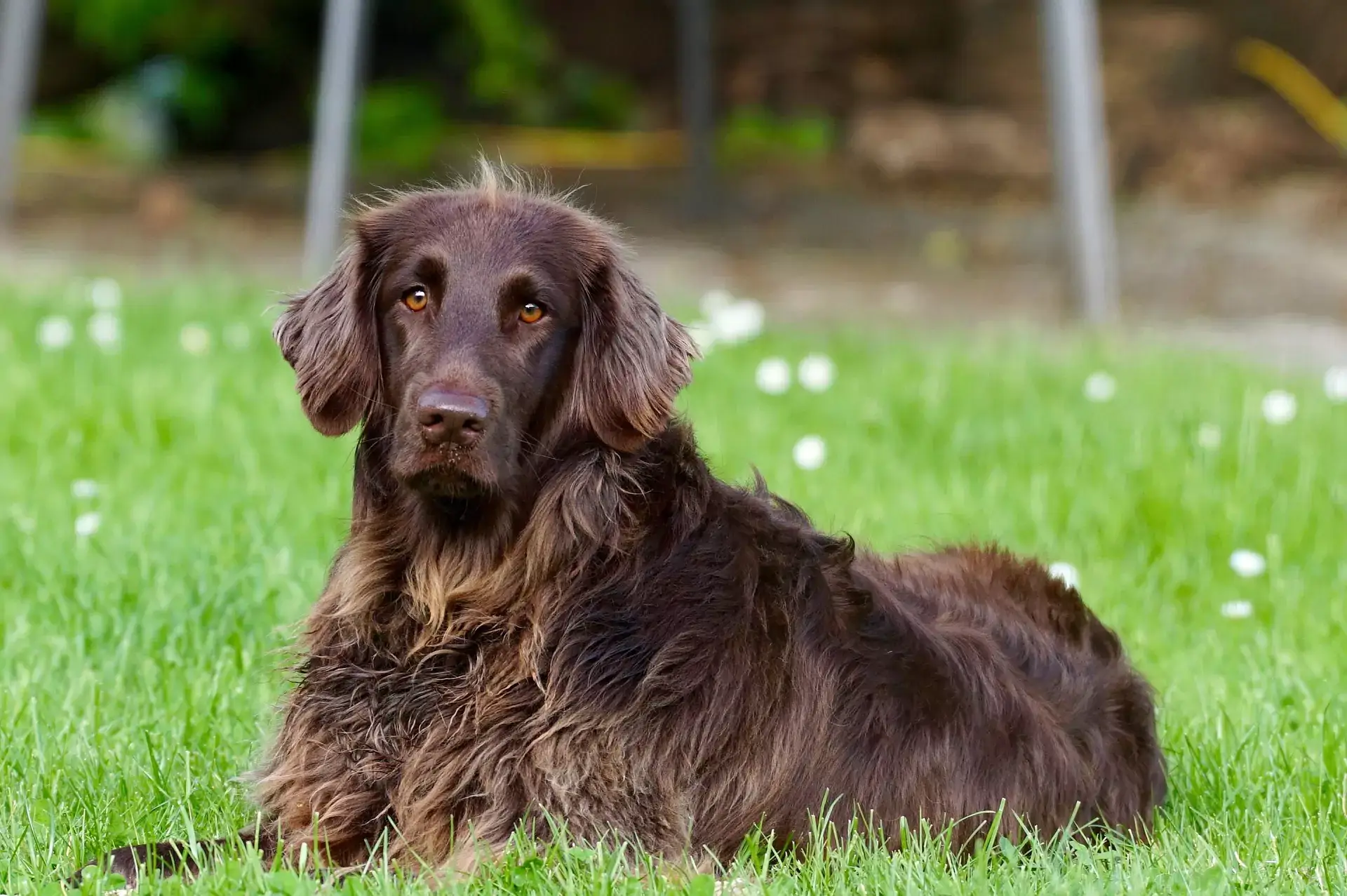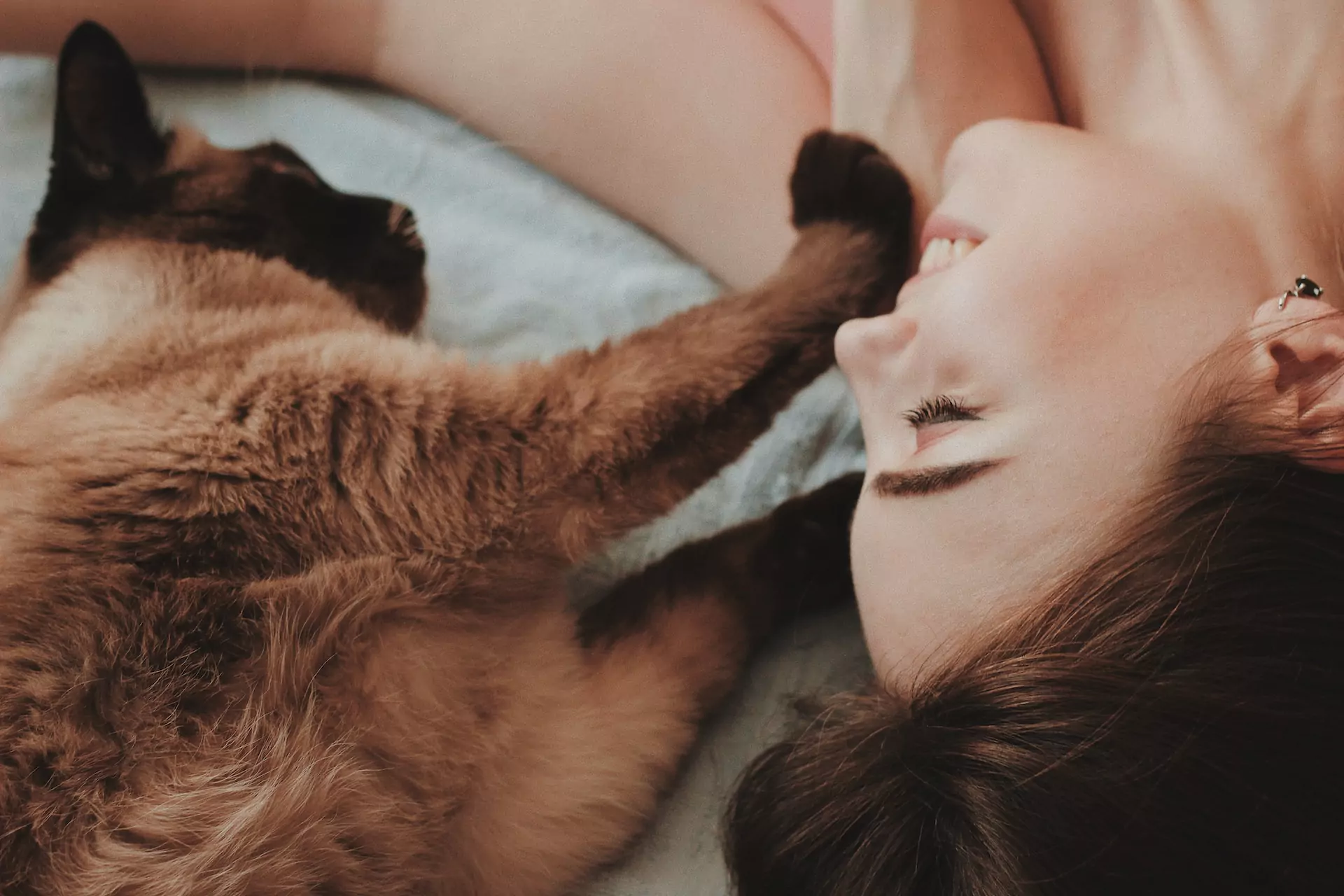Your Pet’s Dirty Little Secret, as Exposed and Discussed by a Des Moines Vet
June 24, 2014
Why is my dog eating poop?
by: Dr. Nancy Peterson, Ingersoll Animal Hospital Has your dog ever come racing in from outside and greeted you with a wiggle and a great “hi breath”? You think, ‘wait, what is that smell?’ Is that poop breath? Or they come wandering in with that innocent look and a pile of cat litter on their nose? The family secret is out, you have a poop eater!!!! Why is that? Why does my dog eat poop? Are you not feeding them enough, are you not feeding them the right thing? Rest assured you are not the only one with these questions! Many people wonder if poop eating means your dog is lacking something in his diet or not getting enough to eat. According to a study presented by Dr. Benjamin Hart at the 2012 ACVB/AVSAB Animal Behavior Symposium Hart’s study found that this wasn’t true. In their survey-based study of 1548 dogs where the researchers compared poop eaters with non-poop eaters, they found that diet was not an important factor. However, they did find that the size of the household was.Why does my dog eat poop?
- The more dogs you have the more likely you will have poop eaters. 19% of poop eaters live in single dog homes while 24% lived in 2 dog homes and 30% lived in 3 dog homes.
- 85% ate the feces of other dogs, meaning the more dogs the more access to poop from other dogs.
- It is felt that feces or poop eating developed over 10,000 years ago when dogs starting hanging out close to humans and scavenged off our trash and became our best friends and 1st garbage recyclers.
- This is demonstrated in the current wild dog model worldwide the “village dog”. Most feral dogs live close to villages near people and make their living by stealing food, human leftovers and feces or poop of all kinds. Dogs that are tame enough to hang out near humans and human dumpsites and are willing to eat anything with nutritional value survive the best.
- Many of our pampered well fed pets still display scavenging behavior- getting into garbage, stealing food and counter surfing.
- Hart found that the best predictors of poop eating was whether or not the dog was a greedy eater. 52% of the stool eaters in his study stole food off tables. Only 27% of non-poop eaters showed this lack of impulse control.
- Even though dogs in Hart’s study were greedy, they were still picky enough to go primarily for the fresh stuff. 75% of dogs ate poop that had been around for only 24 hours and 92% only ate poop within 1-2 days.




